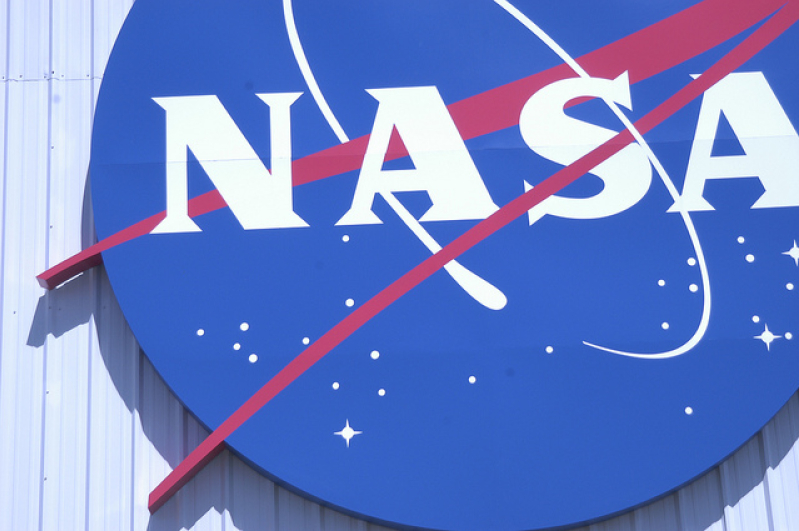
A group of employees at NASA's Johnson Space Center in Houston, Texas, is threatening to sue the space agency based on charges of religious discrimination. According to the Christian group, the agency has banned them from using Jesus' name in their regular newsletters and emails.
The group, known as the Praise and Worship Club, has been regularly meeting during lunch breaks since 2001. During their gatherings, members of the club get together to sing songs of worship and discuss various aspects about their faith, The Hill reported.
However, last years, members of the group said that NASA warned them that their newsletter had violated a policy of the agency, which is to remain neutral regarding the subject of religion.
Although NASA did not did not issue an order preventing the group from meeting during breaks, the agency, however, told them that they should stop using the name Jesus in their public announcements.
Due to the issue, the Praise and Worship Club got in touch with the Liberty Institute to discuss what legal actions in can take against NASA. A representative from the Liberty Institute said that what NASA did was illegal and can be considered as religious discrimination.
"It is illegal for the government to censor the name of Jesus from emails authored by employees," the Liberty Institute's senior counsel Jeremy Dys said in a statement. "Preventing a religious club's announcement just because it contains the name 'Jesus' is blatant religious discrimination."
"We call on NASA to end their censorship and apologize," he added.
Dys pointed out that the issue between NASA and the Praise and Worship Club contradicts what the agency did in 1969 when it was sued by an atheist.
According to the Christian Post, NASA faced a lawsuit filed by atheist activist Madalyn Murray O'Hair in that year. She sued the agency because the astronauts of the Apollo 8 mission read a passage from the Bible while in space. NASA tackled the legal issue and won the case.
Dys said that the space agency should also do the same regarding the issue with the Praise and Worship Club, and it should not prevent its employees from expressing their religious freedom.
In response to the matter, NASA denied that it censored the group's newsletters and maintained that it is very open to the idea of its staff members practicing their religious beliefs.
"NASA does not prohibit the use of any specific religious names in employee newsletters or other internal communications," NASA told The Hill. "The agency allows a host of employee-civic, professional, religious and other organizations to meet on NASA property on employees' own time."






